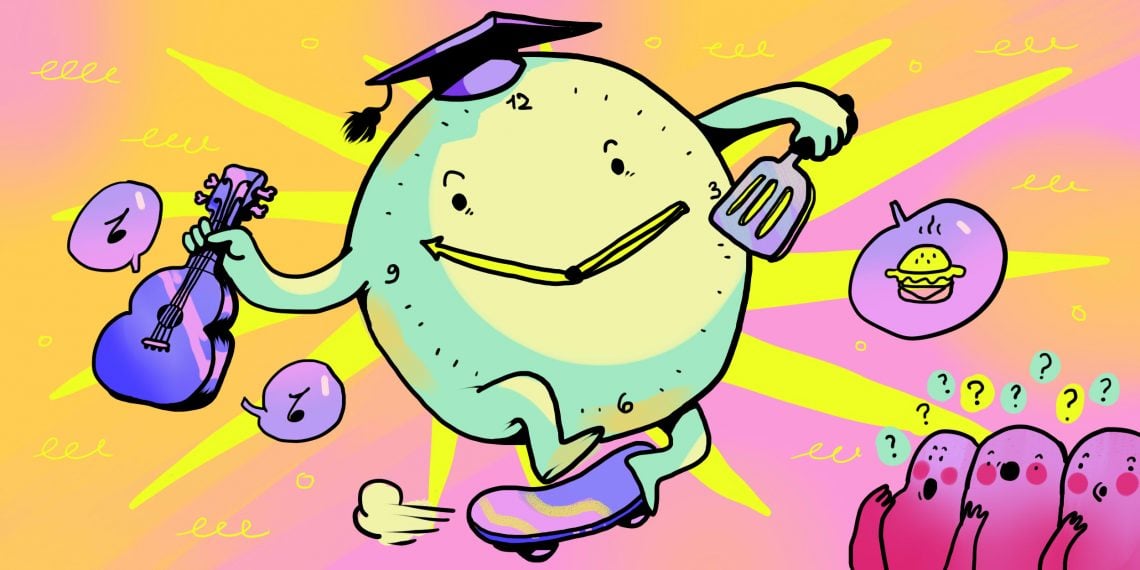It seems that 24 hours is concise. But in fact, you can significantly improve your skills or learn something fundamentally new during this time. This is persuasively demonstrated by Josh Kaufman, the author of "The First 20 Hours How to Learn Anything Quickly," who mastered the ukulele, Chinese chess, and the Ruby programming language, in a year many bloggers who post videos on YouTube showing the results of 24-hour challenges.
It is unnecessary to study for a day without a break; you can stretch 24 hours for a week, two, or at least a month. An ongoing challenge will also be an interesting, albeit difficult experience: limited time and excitement, it is quite possible, will spur you on and help you do even more than you planned.
6 steps to get better in 24 hours
Determine the target skill level
Choose precisely what you wish to learn, what results to come in the long term and the near future. For example: confidently ride a bike, play the songs of your favorite band on the guitar, knit hats.
Read also: 6 Longevity Secrets We Could Learn from the Japanese
Disassemble the skill into elements
Analyze what steps the skill consists of and where to start. For example, if you want to learn how to crochet, the first steps are stitches, single crochet, single crochet, and reading simple patterns. These skills are enough to knit a hat, scarf, toy, socks, or blanket without complicated patterns.
Prepare everything you need for classes.
Materials, training videos, books, workplace. You don't have to download all the lessons you find or buy expensive consumables. Start with the bare minimum to make you feel comfortable without hitting your wallet hard.
Remove obstacles
Create a comfortable environment. Look for a window in your timetable and make sure that nothing distracts you during class.

Record results
Success in new endeavors largely depends on how noticeable the progress is. Therefore, think about how best to record the first victories. For some activities, "before" and "after" are already clearly visible. For example, if you are painting, you need to put two words next to each other - the old one and the new one.
And in other areas, you need to come up with a different way of assessing. Record on camera how you skate, take a test that determines the level of proficiency in a foreign language, contact the teacher.
Exercise regularly, intensively, in short intervals.
George Kaufman recommends that you set a timer for 20 minutes several times a day and devote that time to the skill you are learning. He thinks that using this structure will keep focus and drive; thus, you learn faster than with longer lessons.
Also read: How to Make Working with Texts on Mac Faster and More Convenient.
At first, he advises thinking more not about the quality of what you are doing but about speed and quantity. This way, you do more, which means you hone your skill faster.
Note: Let's be realistic: you cannot become a master in any business, not master a profession, not learn a foreign language in 24 hours. But you can stop being a complete amateur and attain a sufficient level that can be raised in the future if needed.
Adapted and translated by The Cop Cart Staff
Sources: Life hacker







